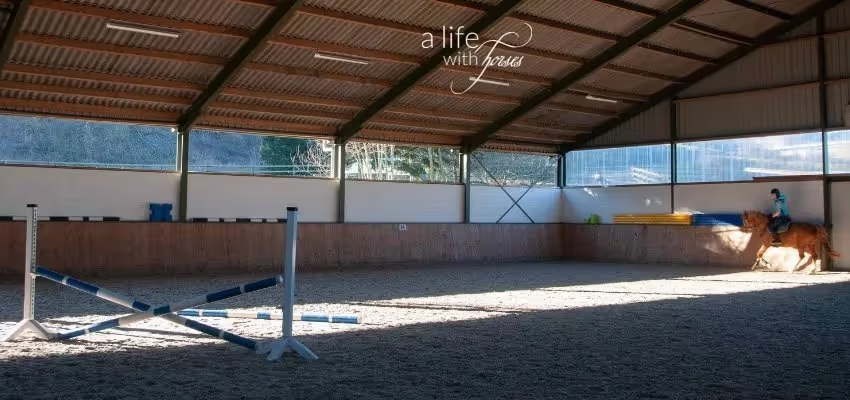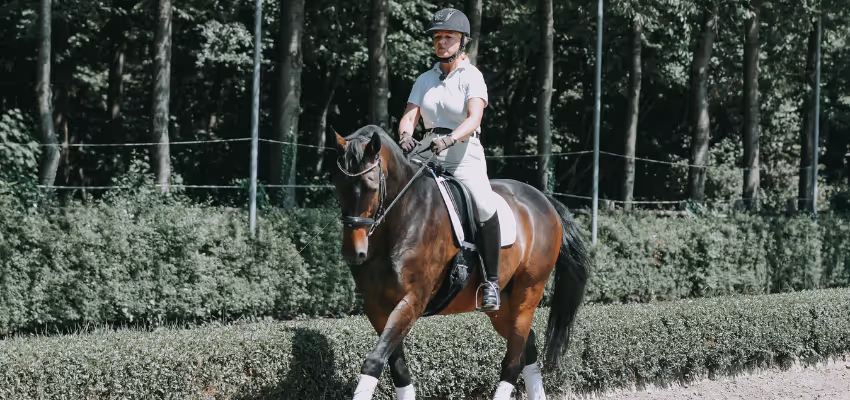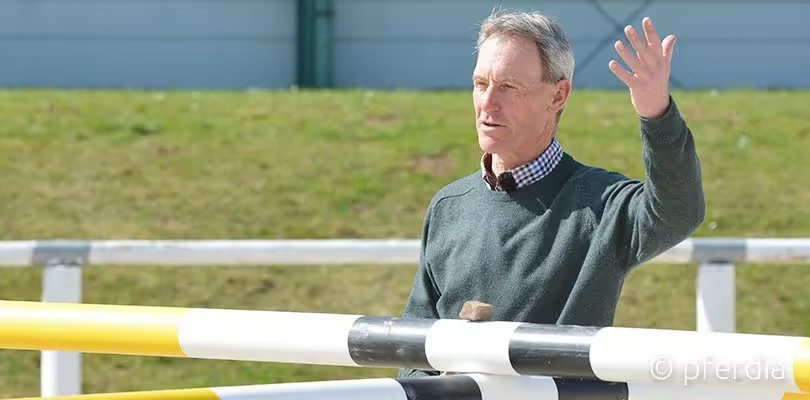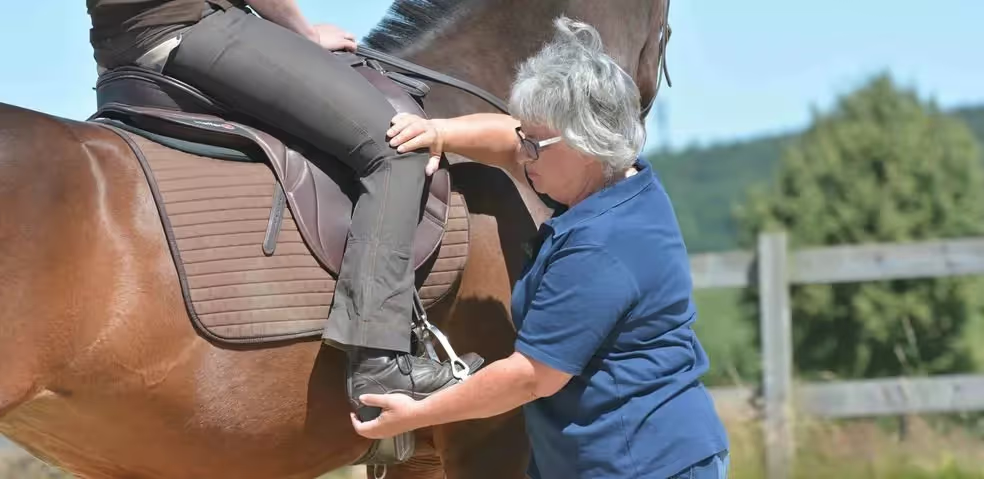I bet you've asked yourself the same question a hundred times. It's: "How can I help my horse to get more muscles?" Whoever wants to ride wants to do so on a horse with a well-trained musculature. Because we all know that this is the only way to keep the horse healthy. There are a few essential facts you must know about the muscles of the horse:
- The diversity of training is the key to building up the muscles of your horse! You need a good sequence of training days that alternate between training stimulus, loose training or recovery days. Neither the direct repetition of training stimuli, nor too many breaks or easy days lead to the muscle growth of your horse.
- A good technique does it! The hardest point: Only physiologically suitable exercise gives the horse muscle growth where we want it. Unfortunately there is no short cut for this. To quote the famous German trainer Paul Stecken "Correct riding is enough". That this may be difficult is not a problem; riding is lifelong learning. On the way you collect a lot of knowledge from which your horse may profit directly.
- Take the horse's head with you, involve it mentally! The most physically sensible training is not worth much if your horse is not mentally with you. Pay attention to its signals, even small ones, which might show indisposition or stress and therefore, keep your horse from building muscles! They have a reason.
- Keep in mind: It is never only about muscle building, but also about the tendons, ligaments and fasciae of your horse.
What is a training stimulus?
You horse won't grow muscles without training stimulus. Setting a training stimulus means that you work up to or slightly over the performance limit. Of course, this does not mean that you let your horse gallop to the point of exhaustion! Rather, you work into the zone that is clearly strenuous. Hobby riders tend to do this too little! On a German Instagram account called "Wanderreiten und mehr" I read something interesting about how leisure riding has changed. „The typical leisure rider of 20 years ago grabbed his pony and disappeared for hours into the country. Yes, hours. Plural. At the leisure yard where I ride, most people do ground work at least three times a week (which is physically zero effort for the horse and does not help much when it comes to building muscles) and when they go for a 'ride', they're back in 45 minutes." The author identified this as one of the causes of many diseases of affluence affecting recreational horses, which were much less common in the past. A sharp observation that I think is absolutely right. Most people who ride their horses for pleasure tend to do too little rather than too much.

Source of error 1: Too little intensive training
This is something I know and can be guilty of: caught up between my job, my child and all kinds of obligations it is not easy to keep to a reasonable training plan. Even if you'd prefer ride more rather than do ground work, sometimes that's the quickest solution. I'm not proud of it, but it's reality. That's exactly why I chose the picture for today's text. It shows the warming up during one of our jumping lessons. These jumping lessons, for example, help me enormously to not mess around in the comfort zone, but to really ride more athletically. Even if we are only doing small and gymnastic jumps, it still makes a difference! In normal training I never canter as much as when jumping.
Source of error 2: Too intensive and too much repetition
There is of course also the other extreme: Riders who sit on the horse for far too long every day and dully practice the same thing every day with the same intensity. "The riders are then surprised that the horses become more and more tired and heavier," explains German dressage trainer Claudia Butry. "They are surprised that their musculature is becoming less and less, in spite of training so much". If you do too much, your horse won't gain more muscles. But your performance will be reduced by this overtraining. What this does to the mental satisfaction of your horse is another completely different question, more about that later (from the famous dressage rider Uta Gräf).




